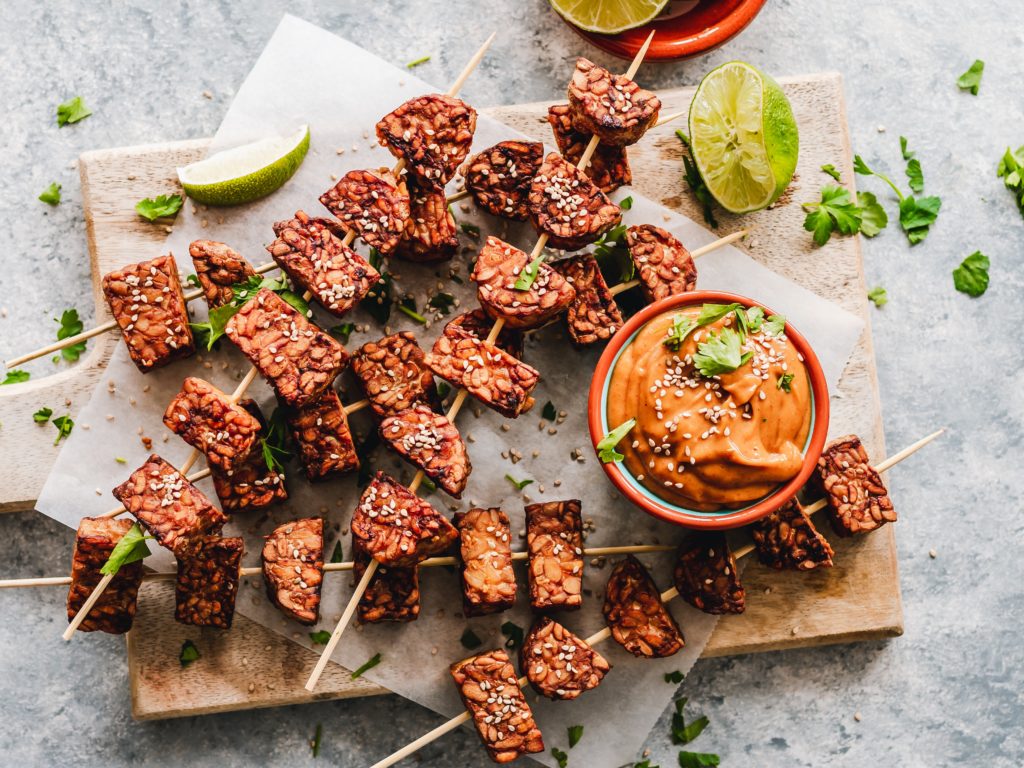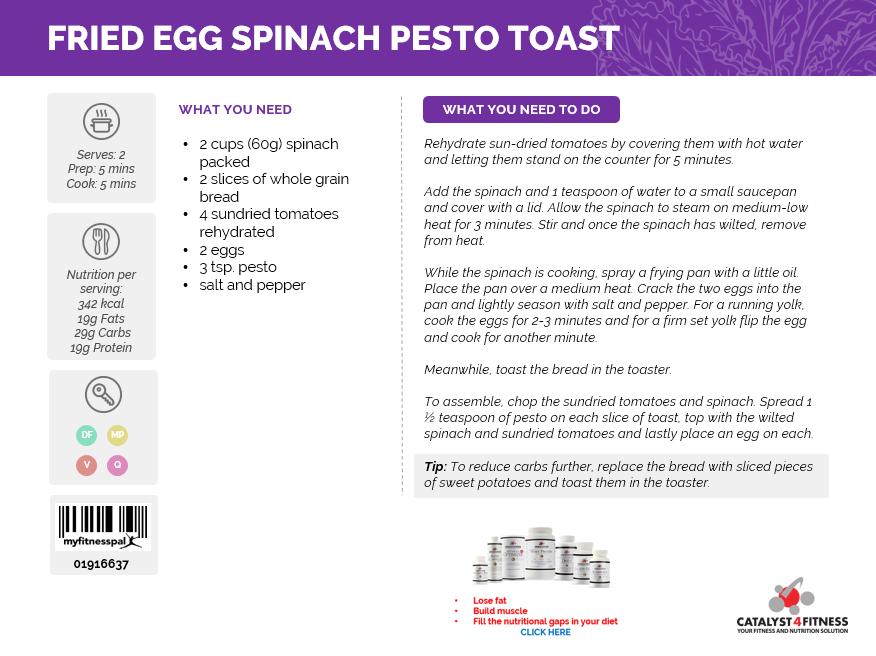Vegan Protein Sources
As a Personal Trainer and Fitness Nutrition Coach, I’ve noticed that many of my vegetarian and vegan clients struggle to consistently consume adequate protein each day. Protein is essential for building and repairing muscle, which is crucial for optimal performance in the gym and activities of daily life.
Benefits of Adequate Protein Consumption
Enhanced muscle recovery and growth: Protein provides the building blocks for muscle tissue, making it essential for post-workout recovery and muscle growth.
Improved physical performance: Protein helps increase muscle strength and endurance, allowing you to perform better during workouts and in your daily activities.
Increased satiety: Protein promotes feelings of fullness, which can help regulate appetite and support weight management.
Maintenance of overall health: Protein is involved in various bodily functions, including hormone production, immune function, and enzyme synthesis.

Top Vegan Protein Sources
There are many health and environmental benefits to choosing plant-based proteins. These are some of the top choices for vegan protein sources.
- Legumes: Beans, lentils, and chickpeas are packed with protein. They’re also rich in fiber, vitamins, and minerals.
- Tofu, tempeh, and edamame: These soy-based products are complete proteins, meaning they contain all nine essential amino acids.
- Nuts and seeds: Peanuts, almonds, chia seeds, and flax seeds are excellent protein sources. While nuts and nut butters are primarily considered good sources of fat, they also can provide a significant amount of protein.
- Quinoa and amaranth: These ancient grains are complete proteins and also contain a wide range of nutrients.
- Protein powder: Plant-based protein powders, such as pea protein or brown rice protein, can be a convenient way to supplement your protein intake.
How Much Protein Do You Need?
Based on averages from evidence-backed recommendations, a general rule of thumb is to eat about 1.2g protein per kg (0.5 g/lb.) of body weight to maintain muscle. This increases to 1.2-1.7g/kg (0.5-0.8g/lb.) of body weight when looking to add lean mass or if you’re a woman aged forty years or older.
Consuming adequate protein is essential for vegetarians and vegans to support their fitness goals and overall health. By incorporating a variety of vegan protein sources into your diet, you can fuel your body, build muscle, enhance your performance, and maintain good health.

